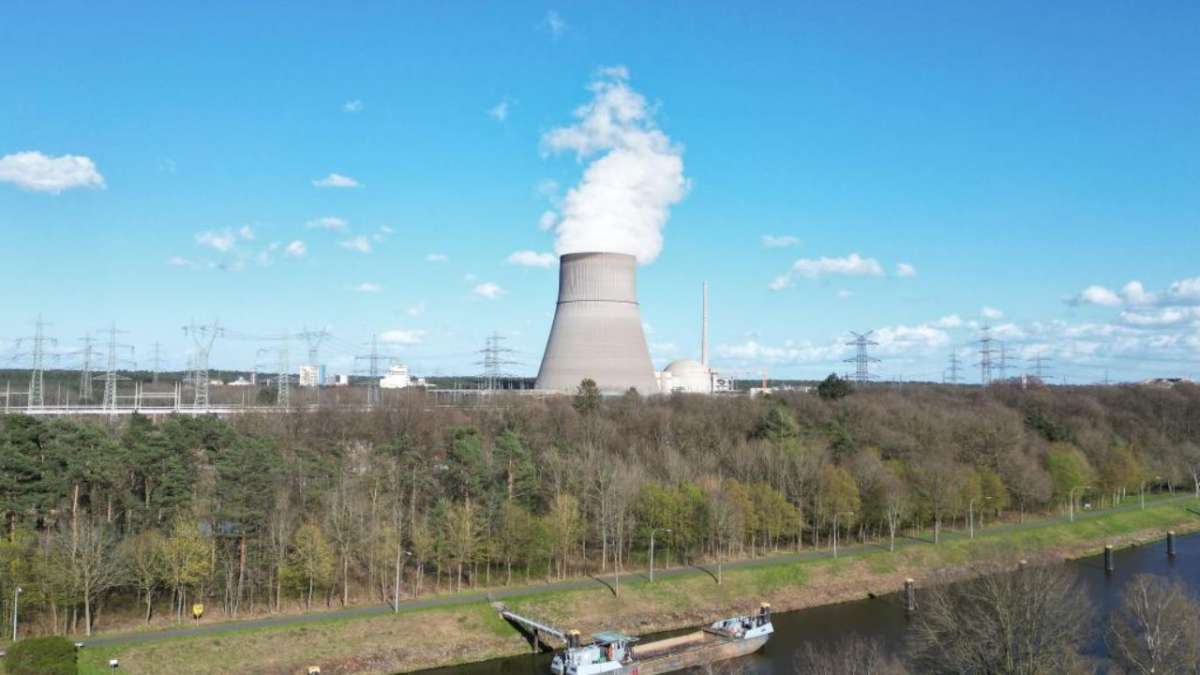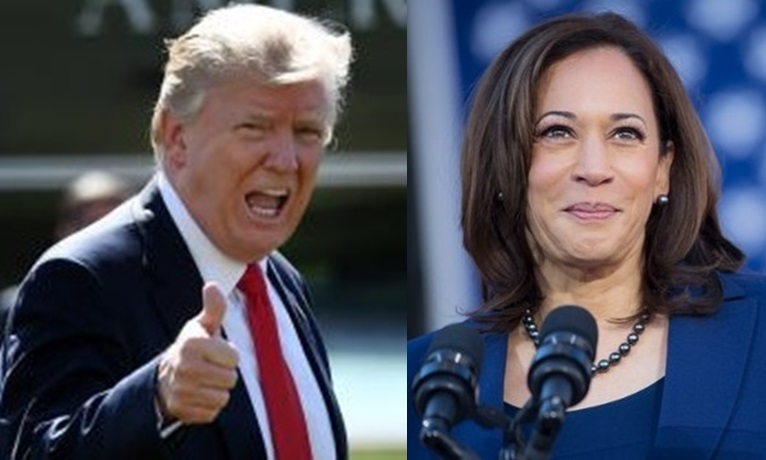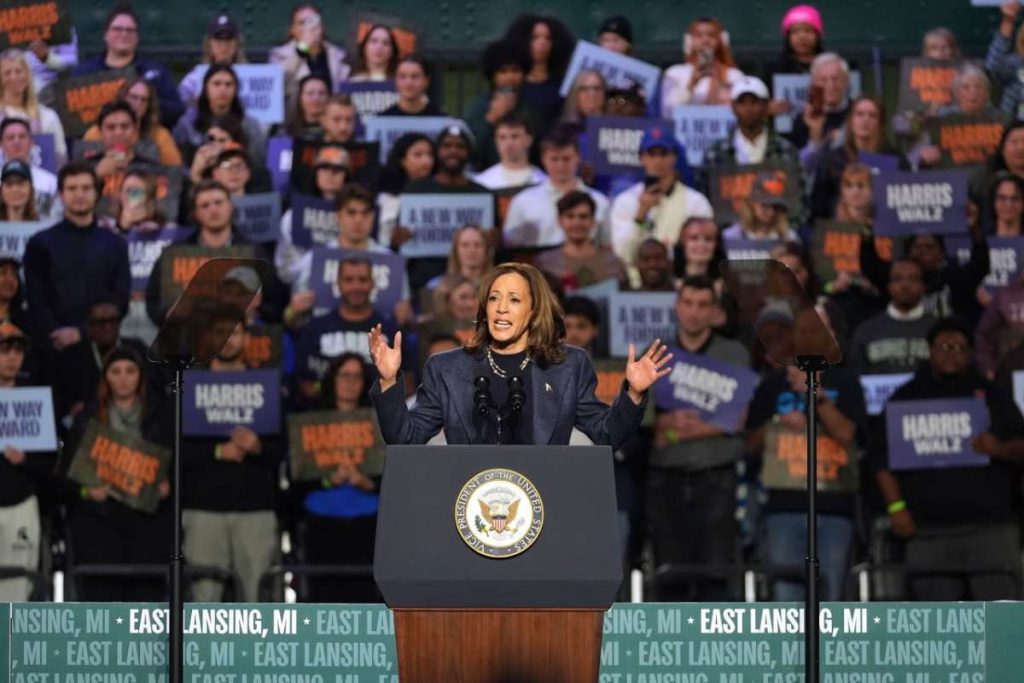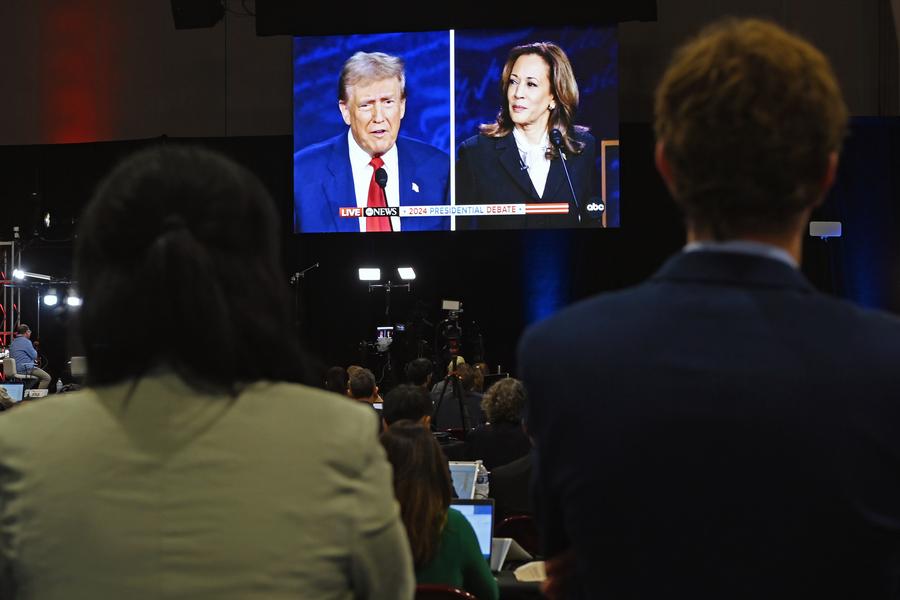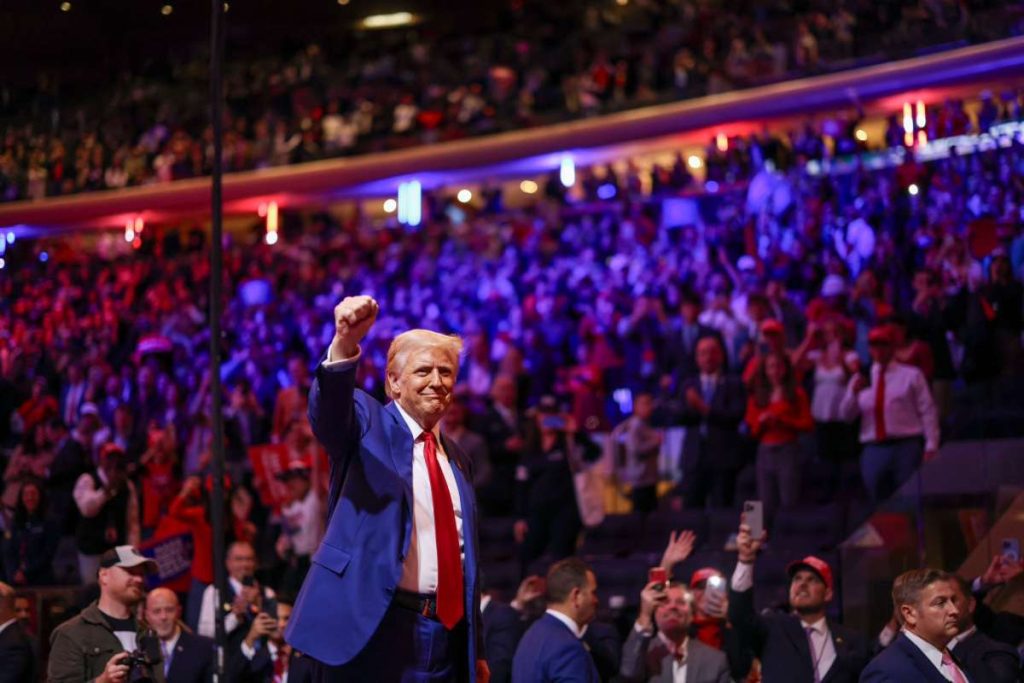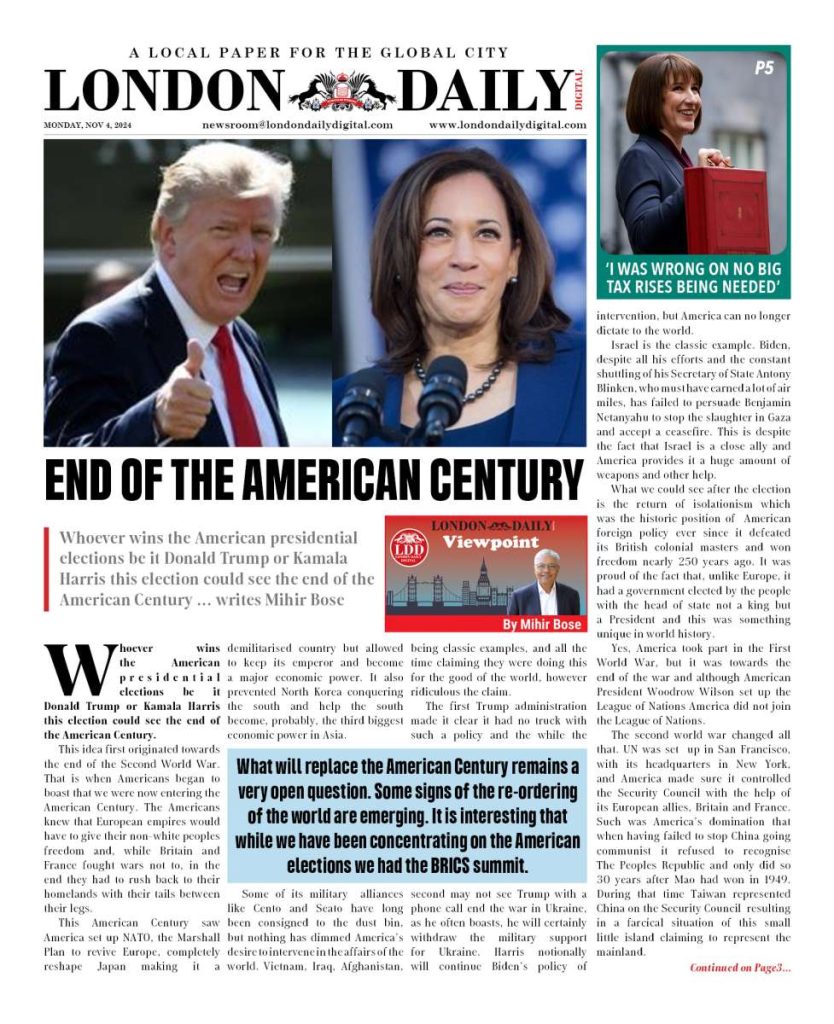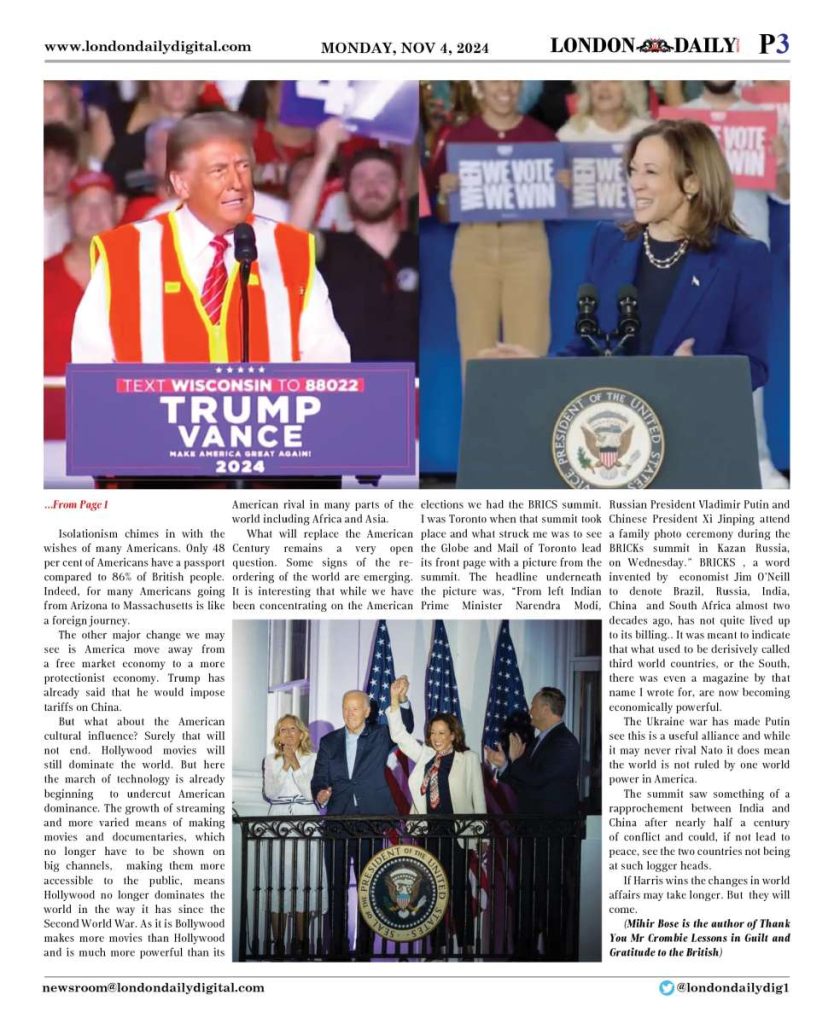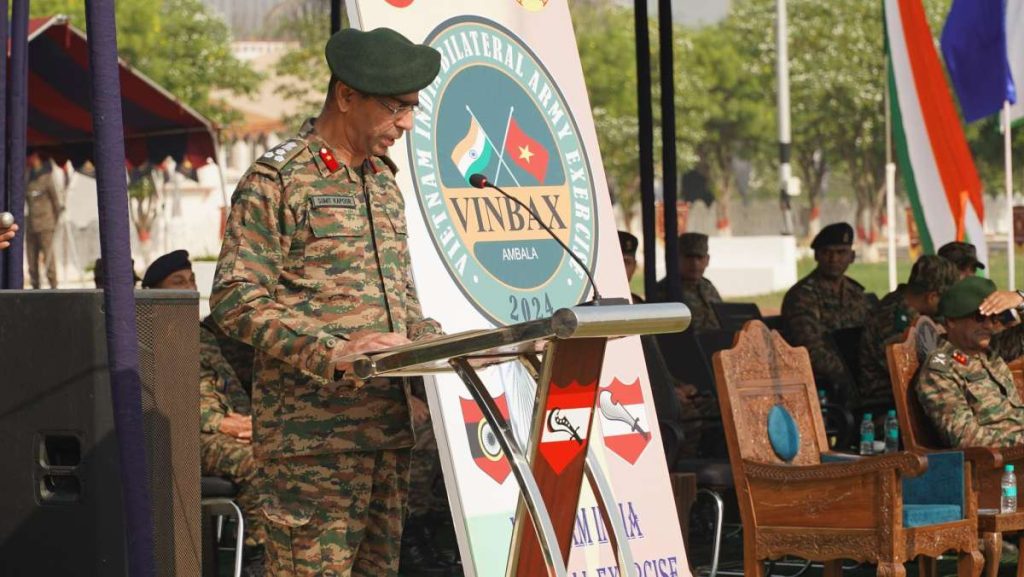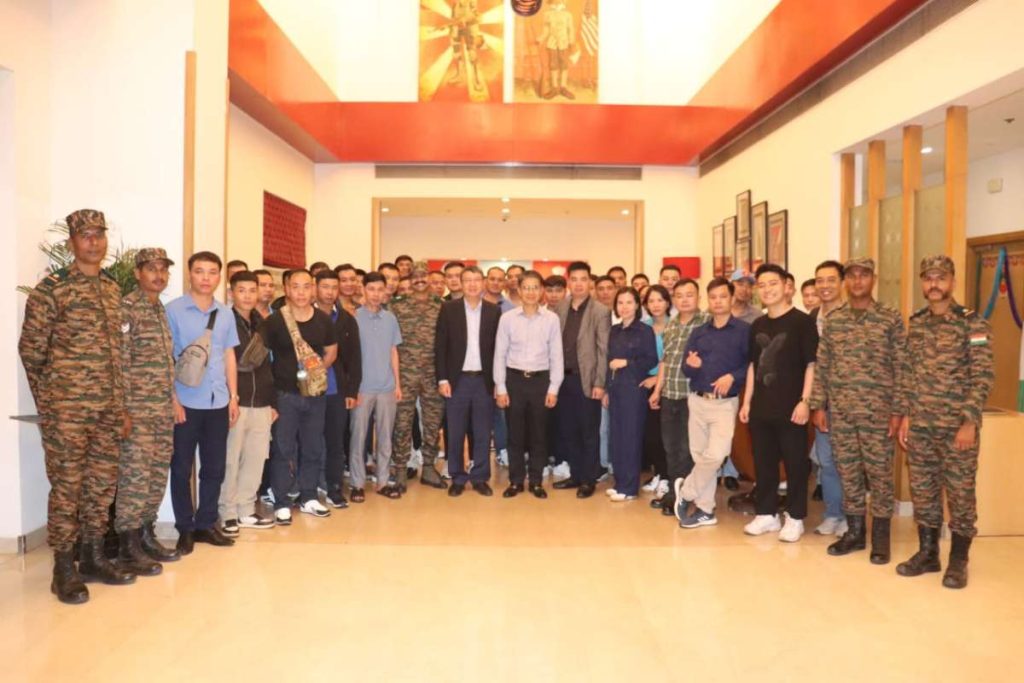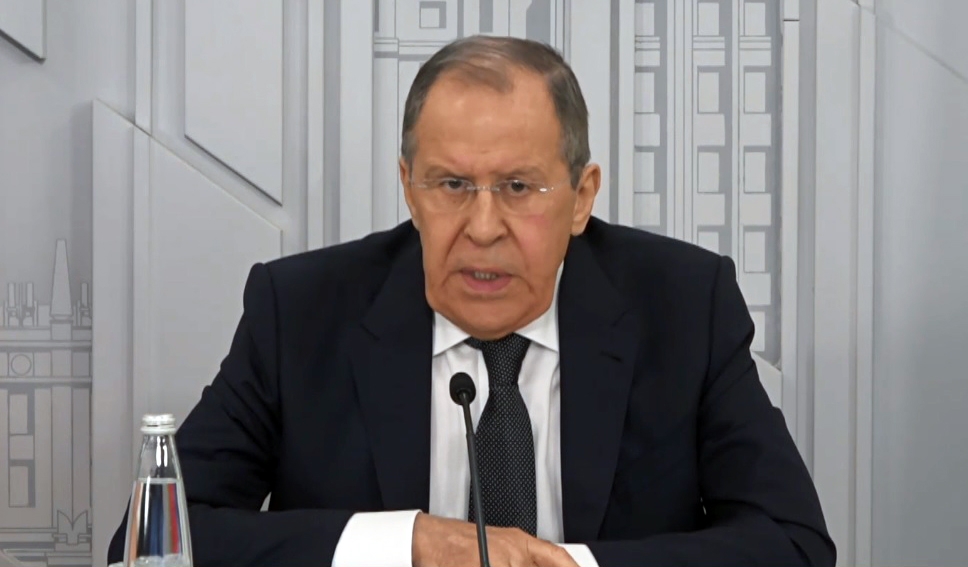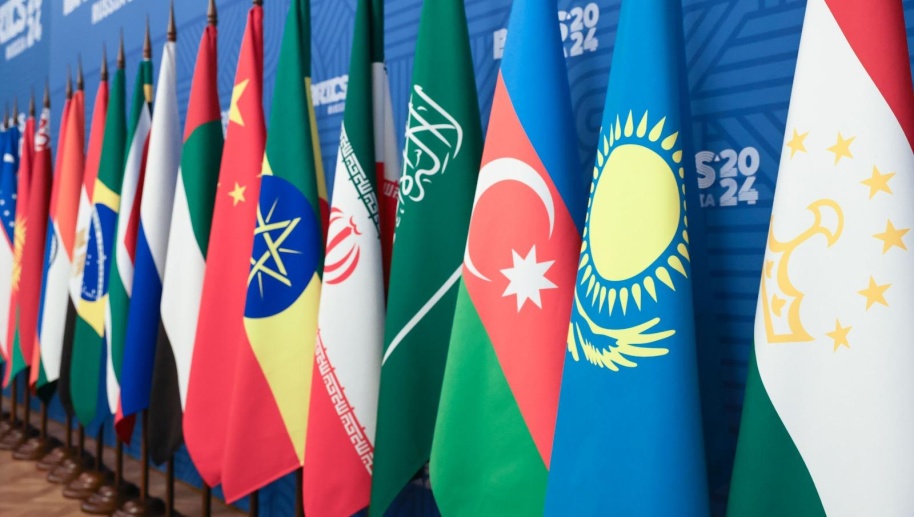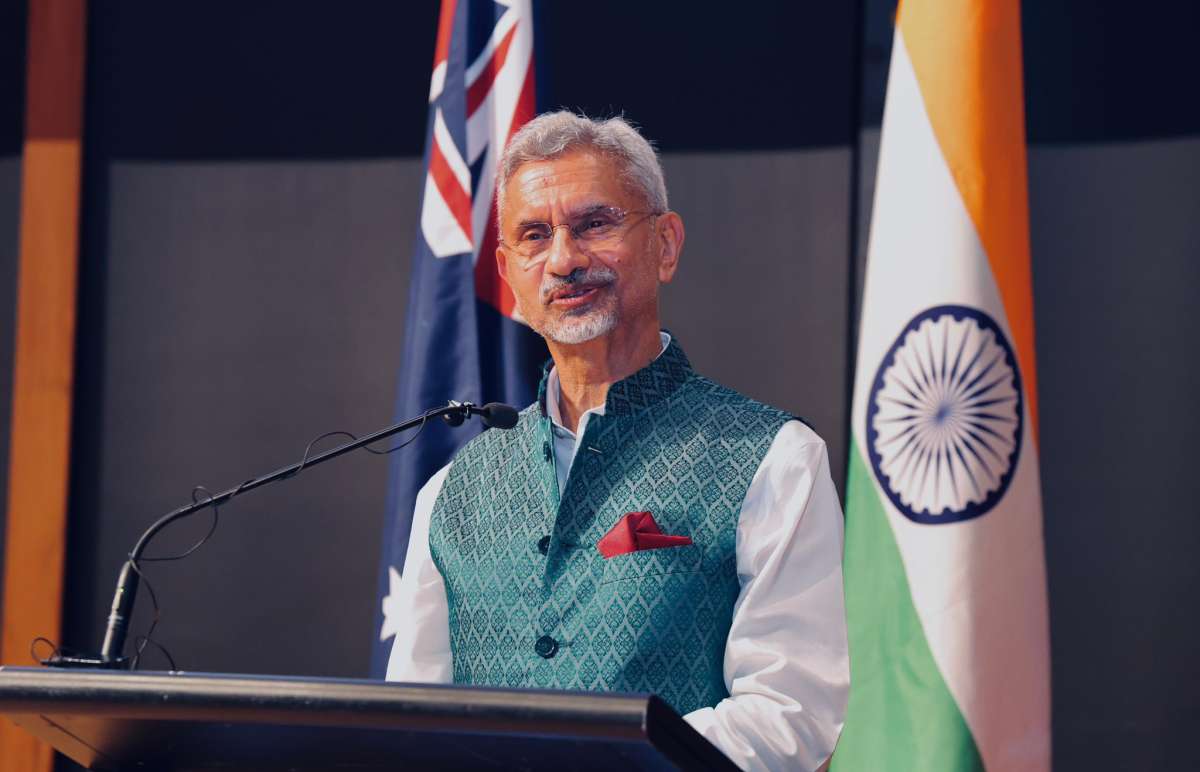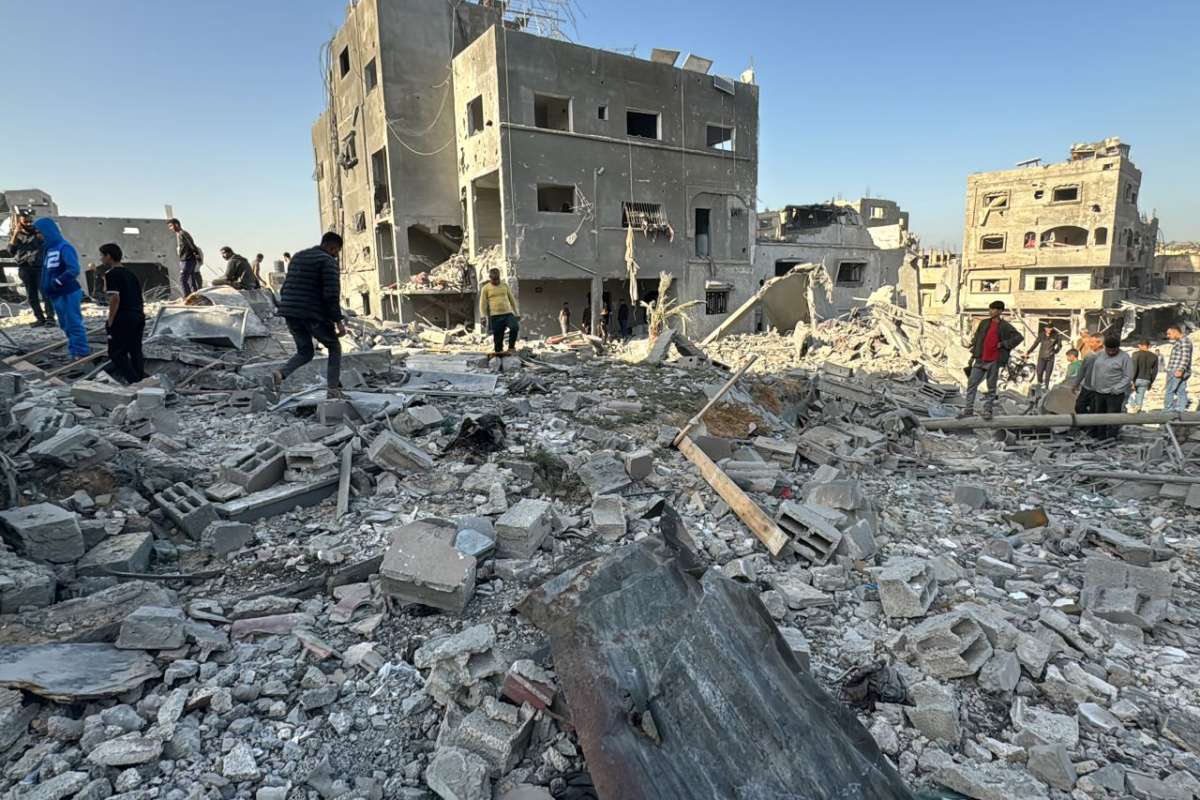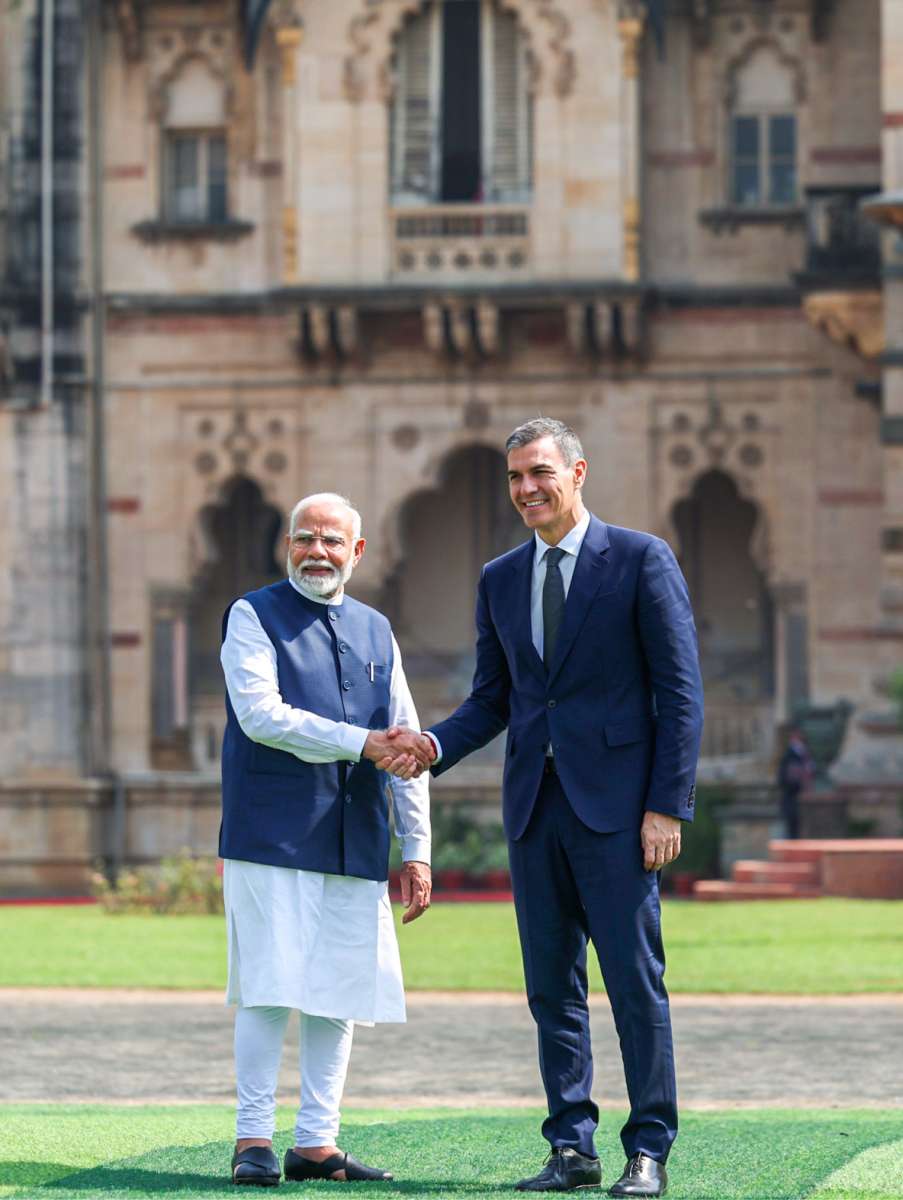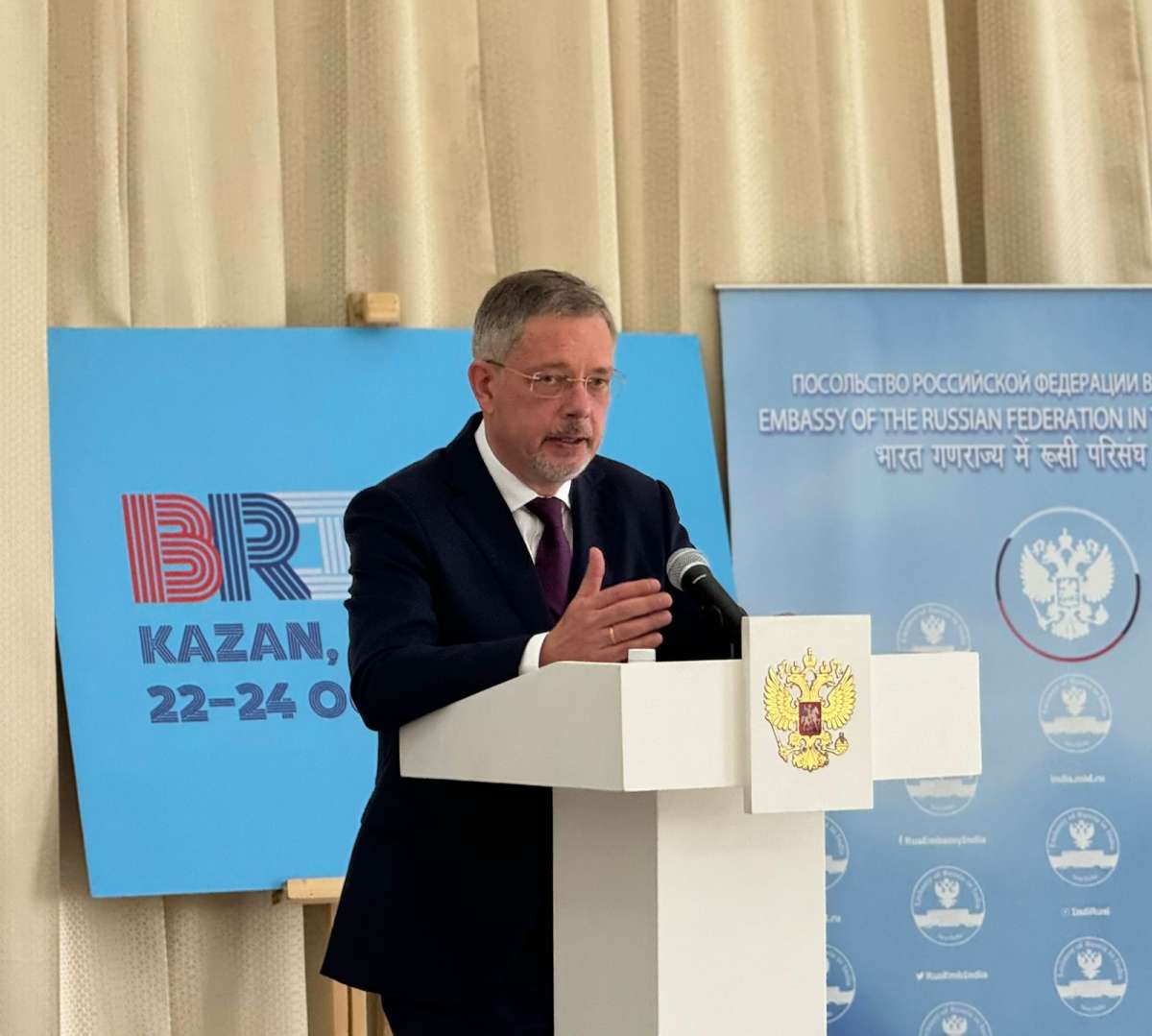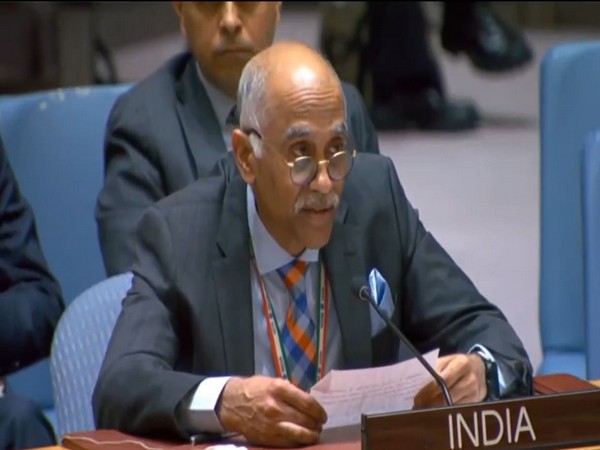A total of 144 UN member states voted for the resolution, and 30 abstained, including the US….reports Asian Lite News
The UK was one of three countries to vote against creating a UN scientific panel on the effects of nuclear war because, the Foreign Office argued, the “devastating consequences” of such a conflict are already well known without the need for a new study.
The UK, France and Russia were the only countries to vote on Friday night against a UN general assembly committee resolution drafted by Ireland and New Zealand to set up an international scientific inquiry to take a fresh look at the multifaceted impact of nuclear weapons use.
Backers of the motion said the last such UN study had been carried out towards the end of the cold war and that a lot had changed since then, in geopolitics and in science.
A total of 144 UN member states voted for the resolution, and 30 abstained, including the US. North Korea had been expected to vote no, but abstained. In another surprise, China voted for the proposal, the only nuclear-armed state to do so, as did eight Nato allies. The resolution will now go to the full general assembly for a final vote.
A Foreign Office spokesperson said: “Nuclear war would have devastating consequences for humanity. We don’t need an independent scientific panel to tell us that.
“The UK remains fully committed to its obligations under the nuclear non-proliferation treaty (NPT). The resolution does not advance this cause.” The French foreign ministry and the Russian mission to the UN were also approached for comment.
The UK’s vote was condemned by British arms control advocates, who had hoped the new Labour government would change policy on the issue. Rebecca Johnson, the founder and director of Acronym Institute for Disarmament Diplomacy, said: “With nuclear use being evoked and threatened in today’s wars, Keir Starmer’s government has ridiculously aligned the UK with Russia and France in voting against UN backing for up-to-date research about nuclear war and the effects of nuclear weapons use when so-called deterrents fail.
“Not only is this ostrich head-in-sand decision an embarrassing mistake politically – it foolishly risks UK credibility and standing in scientific, nuclear, legal and humanitarian circles.”
Johnson, who is also a co-founder of the International Campaign to Abolish Nuclear Weapons, said updating nuclear war research was an imperative to prevent wars going nuclear, “so UK scientists should be fully involved in this research, not running away”.
Nuclear weapons experts say that understanding of the impact of various nuclear scenarios has evolved considerably in the decades since the last UN study. For example, it is now thought that even a “limited” regional nuclear conflict could trigger a global “nuclear winter” by propelling huge amounts of carbon into the atmosphere.
Patricia Lewis, the head of the international security programme at the Chatham House thinktank, said: “The Foreign Office say: ‘We know it all’, and I’m sure the experts at the Foreign Office and the MoD [Ministry of Defence] do know it all. But so many people in the UK don’t know, so many people around the world don’t, and so many governments don’t.”
Lewis said the proposed 21-expert panel would almost certainly be approved by the general assembly, in which case it would be in the UK’s interests to be part of it. She noted that when the resolution went to the full assembly the UK would have an opportunity to change its vote.
ALSO READ: STARMER STRIKES BACK

